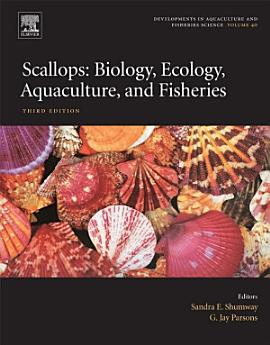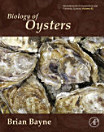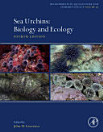Scallops: Biology, Ecology, Aquaculture, and Fisheries, Edition 3
About this ebook
About the author
Sandra E. Shumway (Ph.D., D.Sc., Wales) is a world leader in molluscan biology. Editor of the Journal of Shellfish Research for over three decades and Reviews in Fisheries Science and Aquaculture for 15 years, she has edited or co-edited previous volumes including Shellfish Safety and Quality; Scallops: Biology, Ecology, Aquaculture, and Fisheries; Shellfish Aquaculture and the Environment; and Molluscan Shellfish Aquaculture: A Practical Guide. A former Marshall Scholar, she is a Fellow of the American Association for the Advancement of Science, the World Aquaculture Society, the University of Wales, and is an Aldo Leopold Fellow and Honored Life Member of the National Shellfisheries Association, and Fellow of the Marine Biological Association of the UK. With almost 50 years of experience in research, outreach, and education focused on shellfish physiology, aquaculture, ecology, seafood safety, harmful algal blooms, biofouling, and microplastics, she has published more than 200 research papers, book chapters, and outreach publications. She is currently Research Professor Emerita at the University of Connecticut.
Dr. Jay Parsons has been involved in the aquaculture sector for 30 years and has extensive experience in shellfish aquaculture research and management. Since 2003, Dr. Parsons has been with the Aquaculture Science Branch of Fisheries and Oceans Canada where he is Branch Director responsible for national aquaculture R&D programs and aquaculture research coordination. From 1995-2003 he was a researcher and faculty members at Memorial University (St. John’s, Newfoundland, Canada) where he taught graduate courses in shellfish aquaculture and directed several national and international projects, graduate students and publications on culture, feeding and reproduction in scallops, oysters, mussels, sea urchins and shrimp. He is also a past president of the World Aquaculture Society (WAS) and has served on the WAS Board since 2001. He was also President of the National Shellfisheries Association (NSA) and twice President of the Aquaculture Association of Canada (AAC). And he still maintains an active involvement in these professional societies through the promotion and dissemination of aquaculture science nationally and internationally.








